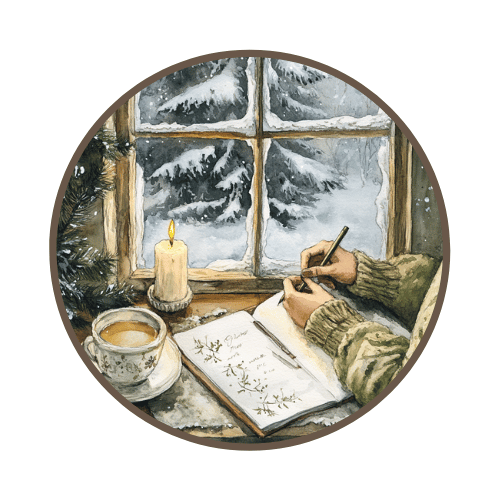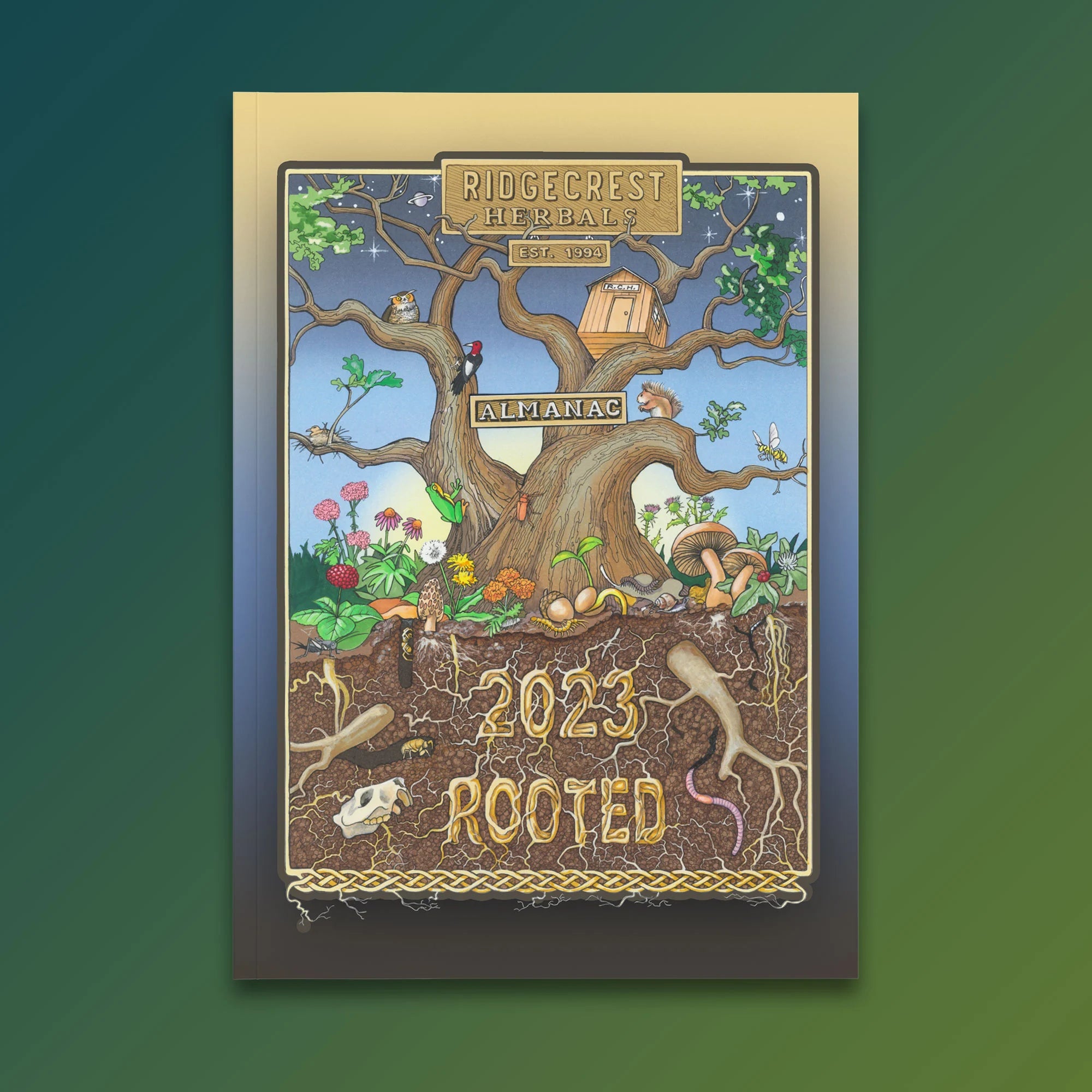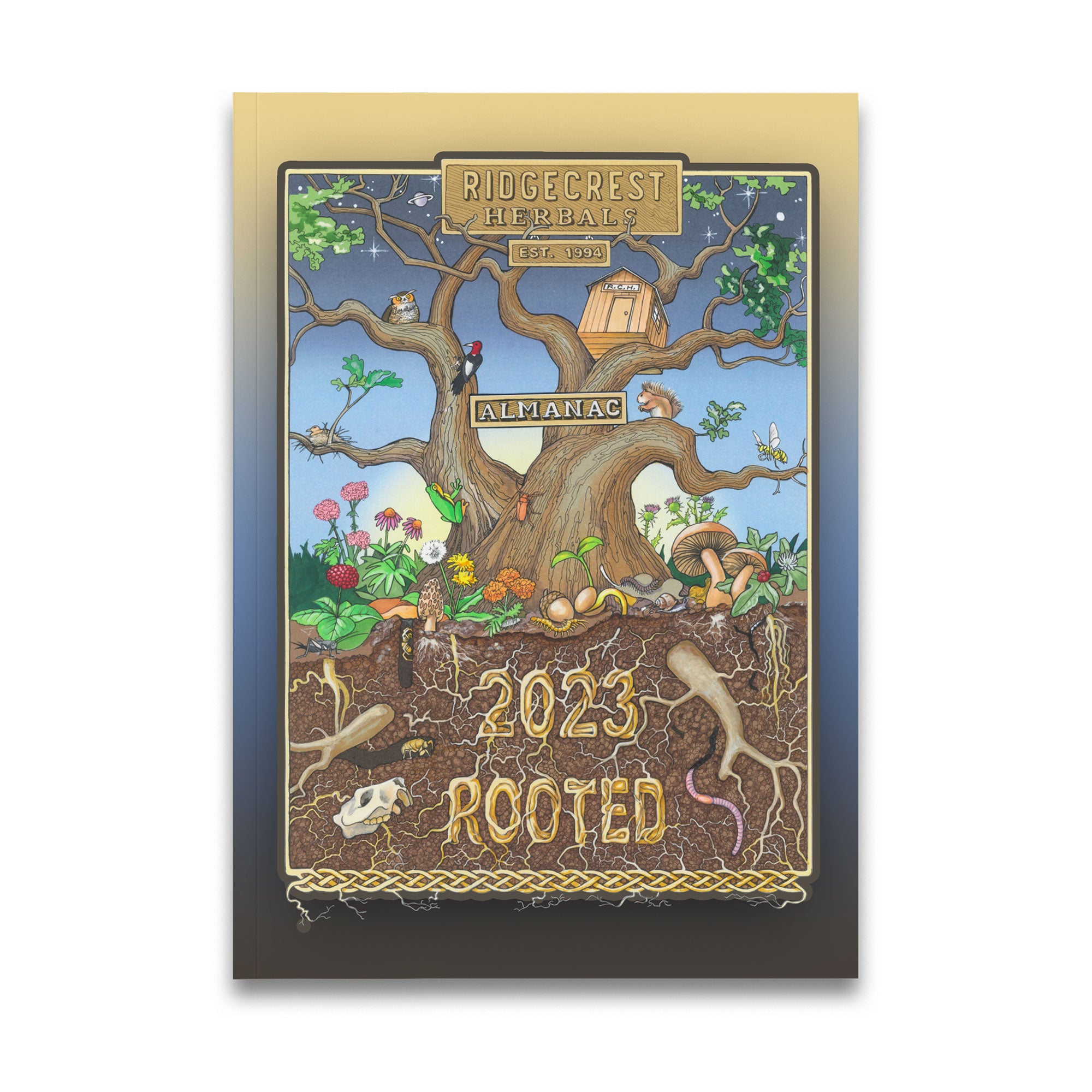As winter settles in and the world around us slows, the time for quiet nourishment begins. This season invites us to look beyond the bustling growth of spring and summer, instead focusing on gentle care and restoration—for our gardens, our bodies, our spirits, and our communities. Just as our plants need time to rest and build resilience for the year ahead, so do we. Let's explore simple ways to tend our gardens, nourish our bodies with grounding, warming foods, tend to our inner selves through reflective practices, and support our communities by cultivating connections that keep us warm through even the coldest months. Let’s delve into the art of winter nourishment, bringing care and vitality to every part of our lives during this quiet, essential season.
What does your garden need for Nourishment this season?
Keep in mind the 5 P’s of winter gardening:
- Pruning: Winter is a time you can view the bones or structure of your garden. It is an ideal time to prune, especially evergreen trees, woody shrubs, fruit trees, and roses. Just leave those spring-flowering shrubs alone until they have finished blooming in the spring.
- Planning: Now is the time to finalize your garden plan. To maximize your garden harvest, consider how many plants and seeds you may need to include. Inspect any bulbs or tubers you have overwintered and remove any soft or rotten bulbs.
- Perfecting: Consider taking time to correct problems you may have in your garden. These may include drainage issues, inspecting trees for damage or disease, getting a soil sample test done to know your fertilizer needs, or issues like soil salinity.
- Preparation: Take time to inspect your tools. If you haven’t already cleaned them, do so. Clean your gloves, gardening shoes, and pots to ensure they are ready when you are.
- Precipitation: If natural rainfall or snow is sparse in your area and the ground is not frozen, water evergreens and shrubs to ensure they are well hydrated all winter.
What does your body need for Nourishment this season?
Nourishment in winter is about conserving energy and preserving health. It’s a time to rest and recuperate or even hibernate. It’s time to enjoy the fruits of your labor and deeply nourish your body's bones, muscles, joints, and systems. Our body relies on nutrition during the winter season. We are usually short on vitamin C, zinc, folate/folic acid, and vitamin D, which can all be found in the winter variety of foods listed below. As with any season, it’s essential to ensure you’re eating local varieties relevant to your location whenever possible.
|
Beets |
Broccoli |
Cauliflower |
Grapefruit |
|
Kales |
Leeks |
Lemons |
Oranges |
|
Parsnips |
Pomegranates |
Potatoes |
Rutabagas |
|
Tangerines |
Winter Squash |
Cabbage |
Kale |
|
Spinach |
Sweet Potatoes |
Arugula |
Celery |
|
Mushrooms |
Lettuce |
Artichokes |
Avocado |
|
Bone Broths |
Butter |
Organ Meats |
Sourdough |
See below for a few blogs on this subject.
~ Written by Nichole P.
What does your soul need for Nourishment this season?
Winter is about survival. Just as most of the natural world is in hibernation, our spirits crave time to snuggle into the warmth of blankets and fires, curl up with good stories (books or movies), and self-reflect and journal. Winter is a time to go within. It is a time to dig deep and find what you are made of. Let yourself rest, be bored, and do nothing. Winter is not a time to be productive. Most of us don’t like winter, and we have been taught to dislike it. We fight it. In fighting it, we lose out on winter's message for us. We lose out on the healing it can provide. Winter won’t last forever; our task is to get through it as comfortably as possible. The nourishment our souls need is to allow the season to provide relaxation and reset. Our souls crave dark, cold seasons to rest and reflect. Take this time to journal, to observe, and to slowly contemplate. Allow your mind to just be, dive into meditation, sleep longer, and nest.
Journal prompt:
“Reflecting over the past year, where do I hold myself back in life?”
“Plants and animals don’t fight the winter; they don’t pretend it’s not happening and attempt to carry on living the same lives that they lived in the summer. They prepare. They adapt. They perform extraordinary acts of metamorphosis to get them through. Winter is a time of withdrawing from the world, maximizing scant resources, carrying out acts of brutal efficiency, and vanishing from sight; but that’s where the transformation occurs. Winter is not the death of the life cycle, but its crucible.”
― Katherine May, Wintering: The Power of Rest and Retreat in Difficult Times
~ Written by Shae B.
What does your community need for Nourishment this season?
Every winter, my neighborhood gets a lot of snow because we’re up against the mountains. My street is also on an incline, with parking on both sides. When the snowplows come down the middle of the road, everyone’s cars get buried. When it snows, a handful of people on my street go out around midnight, after most of the snow has fallen, and make sure everyone who is parked on the street has a path and won’t get stuck in the morning. I joined them last winter and learned they are actually the neighborhood watch — because there is so little crime in the area, they focus on helping the community in other ways, such as shoveling snow and raking leaves. They clearly enjoy being helpful and I hear from them often. I couldn’t ask for better neighbors!
~ Written by Raymond K.








